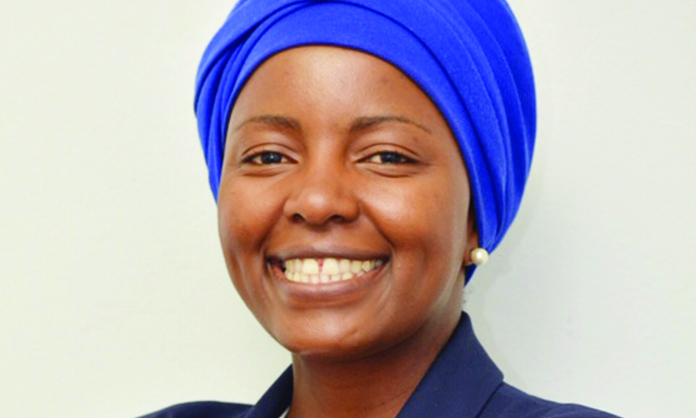While Namibians are known for their friendliness, at times this character trait hinders openly questioning the status quo, especially when it comes to authority figures.
However, a shift is emerging and is evident from youth demonstrations calling for change.
Hopefully, this will continue to prompt debates and discussions promoting transparency and change in how institutions manage resources.
At a recent workshop, the demand for a land administration curriculum was questioned.
This created an opportunity to openly discuss the importance of a transdisciplinary programme to address Namibia’s land delivery crisis in every tenure system – freehold to customary and informal.
The workshop was attended by local and national government professionals, Namibia University of Science and Technology representatives, a land expert from the University of Twente, and the Netherlands’ Cadastre, Land Registry and Mapping Agency.
OPPORTUNITIES
Local experts highlighted the importance of institutions implementing land administration and management projects to provide students with Work-Integrated Learning (WIL), and new graduates with opportunities to apply their skills – a practice which is often lacking.
Consensus was reached on the importance of formalising agreements to ensure students have placements for internships within the required time frame for graduation.
Opportunities for land professionals lie with the 57 local authorities, two land administration national government institutions, and 14 regional councils.
The question remains, though: How do we ensure the placement of professionals within these institutions to transfer contemporary theories to practice?
Despite boasting skilled professionals in urban planning, surveying, valuation, and related fields, Namibia struggles with slow land delivery.
This is because of high land demand, low supply at local authority levels, and skewed land distribution, compounded by new challenges.
As a result, although institutions are functional, informal settlements with varying complexities are becoming permanent neighbourhoods within urban areas.
INTEGRATION AND INNOVATION
After 34 years of independence, with a population now exceeding three million and a vast land area of 824 292 km², improved and responsible land administration is imperative for Namibia.
Responsible land administration can support improved relationships between people and land, increasing tenure security and sustainable land use.
This approach demands integrating innovations with an understanding of the ethical and societal implications technology can facilitate.
For instance, promoting the use of drones for mapping requires security and privacy considerations when deployed in land projects.
Legislation to regulate service providers also needs to be updated.
Responsible land administration promotes individual and institutional responsibility in changing business operations to fit the needs of the public. There is a great need for professionals to do away with ‘business as usual’.
This requires fostering relationships with user groups, sharing information, promoting transparency, ensuring a shared understanding of issues that affect the public, and being intentional about engaging the public when designing new projects.
Namibia has the internal and external capacity to foster innovative land administration solutions.
Moreover, achieving security of tenure for all is an attainable goal within our lifetime, but it requires a collaborative effort to apply a systematic approach that breaks down operational silos.
PRIORITIES
As new professionals emerge, there is a need to prioritise funding to upgrade skills.
A land administration graduate who wants to further their education by doing a master’s can’t qualify for funding from the Namibia Students Financial Assistance Fund as the degree doesn’t form part of its priority fields.
This needs to be re-evaluated.
Land administration professionals are essential in unifying all professionals in land-related fields to deliver and manage land in the best interests of people and the environment.
There is a need to invest in and support capacity-building initiatives.
As a land administration specialist, project manager and partnership broker, I welcome uncomfortable discussions, insightful debates, and learning from diverse perspectives.
We need to work together to achieve the change in land delivery that Namibia and other parts of the world need.
Menare Royal Mabakeng is a PhD candidate in the Department of Land and Spatial Sciences at the Namibia University of Science and Technology, investigating the land and water nexus. These opinions are her own.
Stay informed with The Namibian – your source for credible journalism. Get in-depth reporting and opinions for
only N$85 a month. Invest in journalism, invest in democracy –
Subscribe Now!






